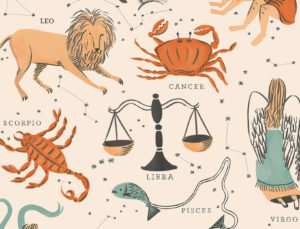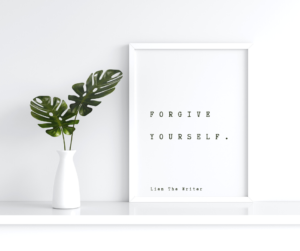Being an extrovert means people often see you as the one with all the energy, the constant smile, and the quick jokes that light up the room. You’re the person who brings the fun, is always there for others, and seems to have it all together. But what happens when you’re falling apart behind that bright exterior?
For me, this wasn’t a case of just feeling sad here and there. I was battling a deep depression, one that I had become pretty good at hiding—until I couldn’t anymore.
Let me take you back to Christmas Day, 2022. Like every other holiday, I put on my best face, trying to soak in the festivities and act like everything was fine. But the truth was, I was barely holding it together. The weight of months, maybe even years, of silent struggle had caught up to me. That night, it all crashed down. I hit a breaking point, and that’s when I made the call to 988—the Suicide & Crisis Lifeline.
It was the scariest call I’ve ever made. But it saved my life.
The Extrovert’s Struggle
Being an extrovert creates the expectation that you’re always “on.” People expect you to be strong, funny, and upbeat, even when you’re not feeling that way inside. Because of that expectation, I got really good at hiding my depression. I covered it up with laughter, busyness, and being there for everyone else. No one would’ve guessed what was really going on with me because I didn’t let them see it.
But the truth was, I felt trapped. I didn’t want to burden anyone, especially the people I love. So, I kept it all inside. I kept going, kept pretending. But that’s the thing about depression—it makes you feel isolated, even when people surround you. It convinces you that no one will understand or, worse, that no one will care.
And so, I stayed quiet behind the mask of the happy extrovert.
The Day Everything Changed
Christmas night, 2022, something inside me finally gave way. The pressure of keeping up the act, pretending everything was okay, was too much. I was terrified, overwhelmed, and completely drained from the effort of pretending. I knew I couldn’t keep going like that, so I picked up the phone and called 988.
I wasn’t sure what I was expecting. I wasn’t even sure if it would help. But when I heard the voice on the other end of the line, I felt a sense of relief. The person I spoke to wasn’t judgmental. They didn’t rush or make me think I had to explain myself. They just listened, and I felt heard for the first time in a long time.
That call didn’t fix everything, but it was the first step in acknowledging that I needed help and was OK to ask for it.
The Power of Friendship and Laughter
Through it all, my friend Dirty Skittles, whom I talk to every day, was my rock. Every morning before work, we’d call each other and laugh about the most random things. Those phone calls weren’t just a fun way to start the day—they were my lifeline. They reminded me that despite my darkest times, there was still something to hold onto.
Laughter became my escape, my way of coping. But Dirty Skittles didn’t even know how bad things were for me. I had hidden it so well. Like so many extroverts, I wore my mask even with the people I was closest to. But once I opened up and let her and others know what was happening, I realized I didn’t have to go through it alone.
How Our Podcast Came to Be
That experience—calling 988, surviving when I didn’t think I could, and finding my way back through humor and friendship—became the foundation for the podcast Dirty Skittles and I now co-host together, Sh!t That Goes On In Our Heads. We created this podcast to open up conversations about mental health, remind people they’re not alone, and show that it’s OK to talk about the tough stuff.
On the podcast, we laugh, cry, share our stories, and invite others to share theirs. It’s not just about giving advice—it’s about making sure people feel seen, heard, and supported. It’s become a way to give back, share what I’ve learned in my journey, and help others who might be feeling the way I once did.
A New Way of Living
Since that night in 2022, my life has changed in so many ways. I’ve stopped trying to pretend that everything’s perfect. I’ve learned that it’s okay to ask for help and doesn’t make me weak. Instead of chasing after some future goal or bucket list, I focus on living in the moment—being present with the people I care about and taking care of myself in the ways I need to.
Depression is something I’ll always have to manage, but I know now that I don’t have to do it by myself. I have my support system. I have my moments of laughter. And most importantly, I know it’s okay not to be OK.
If there’s anything I want others to take away from my story, it’s this: You don’t have to hide your struggles. You don’t have to go through it alone. There are people who care, who will listen, and who will be there when you need them. Sometimes, the hardest step is reaching out and asking for help. But trust me, it’s worth it.
You’re worth it.






